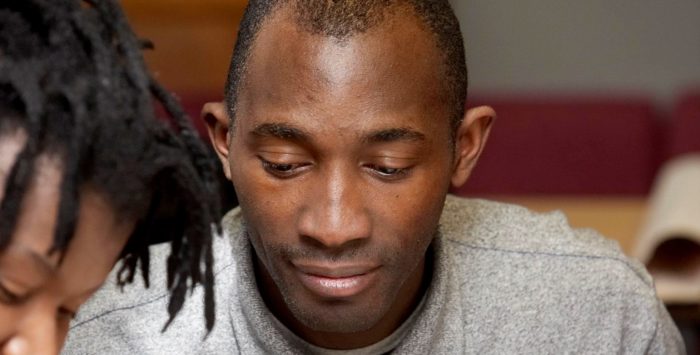Learning to Unlearn
We are the sum of our life experiences. Our views and opinions of ‘others’ are shaped by the people we live amongst and the culture of the society around us. To avoid misunderstandings and misconceptions that could propagate stereotypes and reinforce any prejudice towards ‘others’, this has to be acknowledged by both teacher and learner. Most teaching about ‘others’ from a UK perspective, and in particular ‘others’ in developing regions of the world, is delivered from a privileged position. When engaging with educational resources about ‘others’ we are all susceptible to unconscious bias, interpreting what we read, see and hear from this privileged position. Gayatri Spivak, wrote about unlearning one’s own privilege to engage equitably with ‘others’ (Andreotti, 2007). She later re-phrased this as 'learning to unlearn'.
She invites one to look at one's own context, positioning and complicities, to unlearn one's privilege, to establish an ethical relationship to difference and to learn to learn from below...’ ‘… Spivak asserts that this baggage of sanctioned ignorances, as well as one’s institutional positionings, always mediate the representations and engagements with the Third World subaltern. (Andreotti, 2007, p69&70)
Adults are likely to find ‘learning to unlearn’ more difficult than children do. From about the age of 7/8 to 12/13 years a child’s opinions are still forming and they more likely to incorporate new perspectives into their view of the world than teenagers or adults. Beyond 12/13 years, the views children have formed become emotionally fixed and more difficult to change (Scoffham, 1999).
The delivery of African Voices activity programmes overcame the issue of ‘learning to unlearn’ primarily through the engagement of African postgraduates as the teachers. They presented the learning resources from a position of equity rather than privilege. Their knowledge and perspectives of their countries and the continent of Africa came directly from their own experience, unfiltered by unconscious bias.
References
Andreotti, V. 2007. An Ethical Engagement with the Other: Spivak’s ideas on Education. Critical Literacy: Theories and Practices, 1, pp. 69-79.
Scoffham, S. 1999. Young Children’s Perceptions of the World. In: David, T. ed. Teaching young children. SAGE, pp. 111-124.

